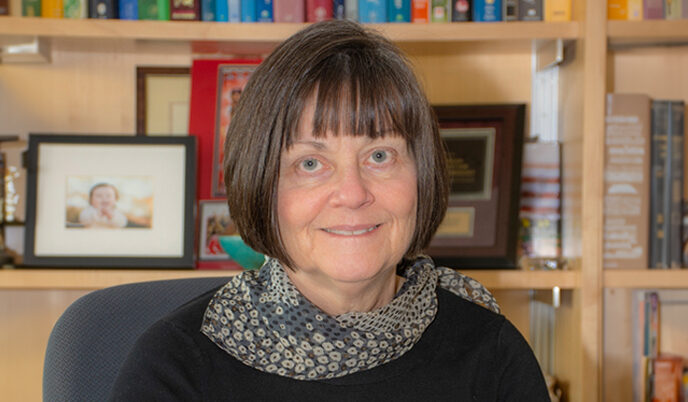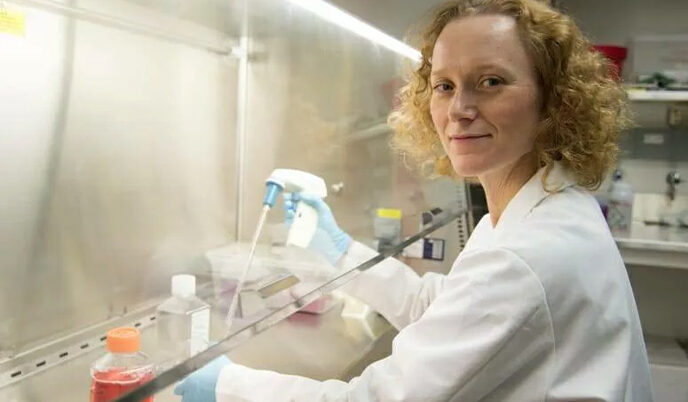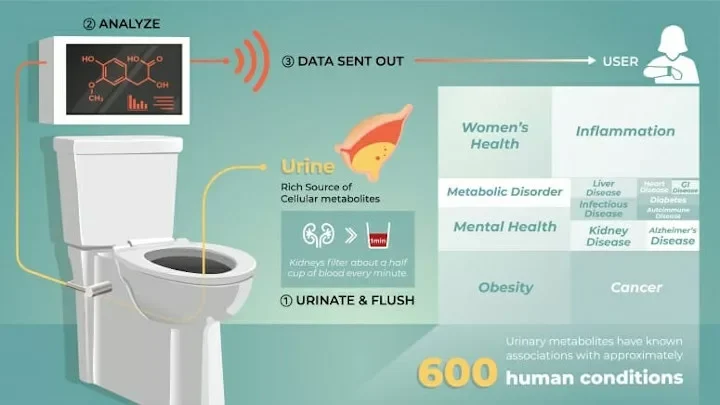
Anjon Audhya becomes senior associate dean for basic research, biotechnology, and graduate studies
Anjon (Jon) Audhya, PhD, has been named the University of Wisconsin School of Medicine and Public Health’s next senior associate dean for basic research, biotechnology and graduate studies.

Patricia Kiley elected 2020 AAAS Fellow for research on bacterial oxygen response
Patricia Kiley, PhD, professor and chair of biomolecular chemistry, has been elected a 2020 fellow of the American Association for the Advancement of Science. She is one of six fellows elected from the University of Wisconsin–Madison this year.

Remembering Heidi Dvinge
Heidi Dvinge, PhD, assistant professor of Biomolecular Chemistry and a member of the Carbone Cancer Center, passed away on September 20, 2019. With great sorrow over the loss of a brilliant young scientist, colleague, mentor and friend, we honor her memory and her scholarly work.

Deleting a gene prevents Type 1 diabetes in mice by disguising insulin-producing cells
Removing a gene from the cells that produce insulin prevents mice from developing Type 1 diabetes by sparing the cells an attack from their own immune system, a new UW–Madison study shows.

Can ‘smart toilets’ be the next health data wellspring?
Wearable, smart technologies are transforming the ability to monitor and improve health, but a decidedly low-tech commodity — the humble toilet — may have potential to outperform them all.

David Brow develops improved method for tracking molecular signals in living cells
A University of Wisconsin-Madison researcher has established a new approach to understanding how protein and RNA molecules in a cell cooperate to direct the proper expression of genes.

Joshua Coon earns international honor for outstanding achievements in proteomics
Joshua Coon, PhD, professor of biomolecular chemistry and chemistry at the University of Wisconsin-Madison, has earned a Discovery in Proteomic Sciences Award from the Human Proteome Organization (HUPO).

Blockages in nerve-cell protein ‘factory’ implicated in neurodegenerative disease
A molecular basis underlying the neurodegenerative condition hereditary spastic paraplegia (HSP) has been identified in a study by University of Wisconsin School of Medicine and Public Health researchers.

Researchers one step closer to learning how calorie restriction extends lifespan in animals
A multidisciplinary research team at the University of Wisconsin–Madison has uncovered new clues about calorie restriction and how it works to delay aging and age-related diseases.

Researchers discover how two gene enhancers control blood cell development
A group of researchers from the University of Wisconsin School of Medicine and Public Health (SMPH) has unearthed a critical process in how healthy red blood cells are produced.